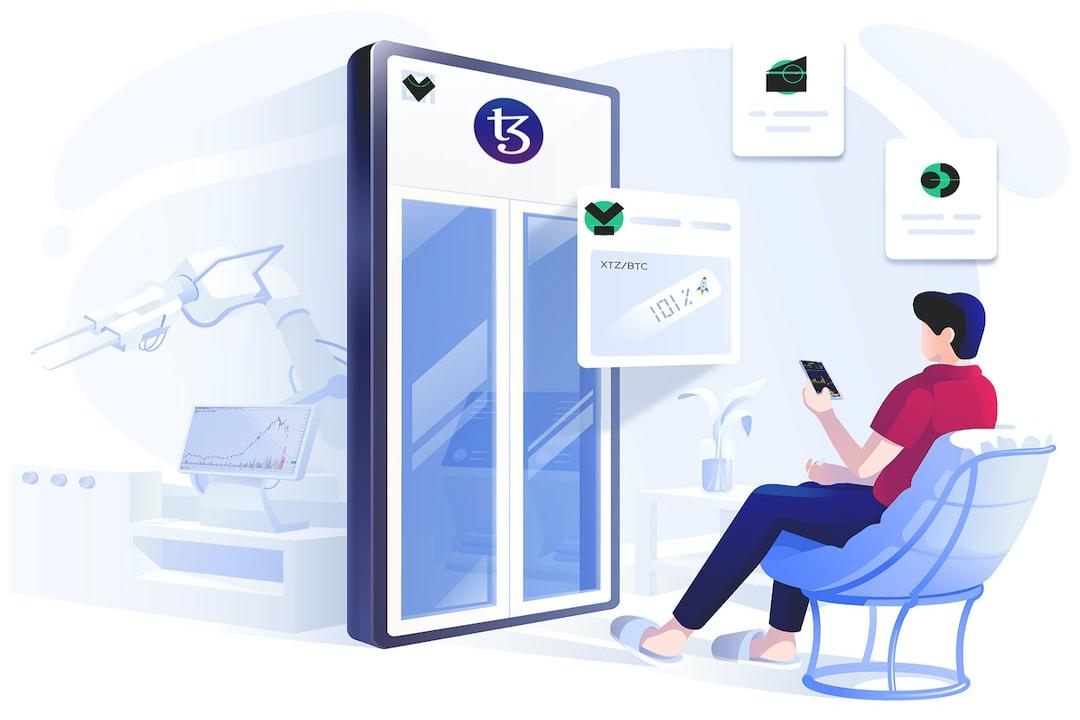Title: Life Lessons from Huang Renxun to Graduates
NVIDIA founder and CEO, Huang Renxun, shared three valuable life lessons in a recent speech to graduates. One of his most profound learning experiences came from a conversation with a gardener in a traditional Japanese garden in Kyoto. He encouraged graduates to find a craft they are willing to dedicate their lives to and prioritize their life accordingly.
Huang Renxun emphasized that he was deeply inspired by this encounter. As a result, he started organizing his most important work in the mornings to free up the rest of his day to assist others with their tasks. He proudly stated, “Before I even begin my work, my day is already a success!”
Identifying “robots” as the next wave of AI
During his speech at the California Institute of Technology’s graduation ceremony, Huang Renxun urged the graduates to pursue their passion and resilience in their chosen field. He advised them to see setbacks as opportunities for growth.
He emphasized the importance of exploring uncharted territories, saying, “You may find your GPU, your CUDA, your generative AI, your NVIDIA.” Regarding the future development of the industry, Huang Renxun stated that the next wave of AI will be in the field of robotics. He stressed, “This is the result of NVIDIA’s perseverance after facing numerous setbacks.”
Huang Renxun stated that NVIDIA always seeks the “zero-billion-dollar market” because although the company develops new products every year, they are often pushed out of the market within a year. When there are no more markets to turn to, they decided to create something that had no customers or competitors. He said, “Because with no customers, there are no competitors.”
According to Huang Renxun, that new market is robotics. NVIDIA has developed the first robotics computer, which operates through deep learning. He believes this transformation will create the next wave of AI opportunities for the company.
Inspiration from a Japanese gardener
Huang Renxun shared a story to motivate the graduates about his work style. He mentioned that every summer, he used to work for a month at an international site. “When our children were teenagers, we spent a summer in Japan,” he said. While visiting the Ginkaku-ji Temple in Kyoto one weekend, Huang Renxun encountered an elderly gardener.
He recalled that it was a scorching hot afternoon, but the gardener was meticulously tending to the moss with just a pair of bamboo tweezers. Intrigued, Huang Renxun approached him and asked, “What are you doing?”
The gardener replied, “I’m picking up dead moss. I’m taking care of my garden.” Huang Renxun responded, “But your garden is so big.” To which the gardener replied, “I have been taking care of my garden for 25 years. I have enough time.”
Sharing three life lessons: setting goals, honing skills, and helping others
Huang Renxun said their interaction was brief but the gardener’s words became one of the most profound lessons of his life. He explained that by wisely managing his time, he can focus on what is most important to him: “Helping employees grow and develop.”
He shared that every morning, he starts his day the same way, by working on his most important task. As a result, he considers his day successful even before he starts working. It is because he has completed his most important work that he can dedicate the rest of his time to helping others. So, when people apologize for interrupting, he always says, “I have enough time.”
Huang Renxun concluded by saying, “I hope you find a craft, dedicate your life to perfecting it, and integrate your work skills into it.” He also reminded them of the importance of life, saying, “Many things are happening, many things can be done, but prioritize your life.”
Reference: CNBC, NVIDIA
Extended reading: Learning Huang Renxun’s “Less Than 6 Lines” Efficient Communication Method! Harvard Evidence: Which type of communication is more likely to capture the main points at a glance?
This article was initially generated by AI and was compiled and edited by Li Xiantai.
This article is a collaborative reprint from the Digital Times.


